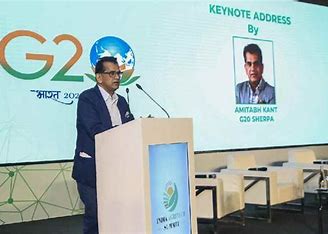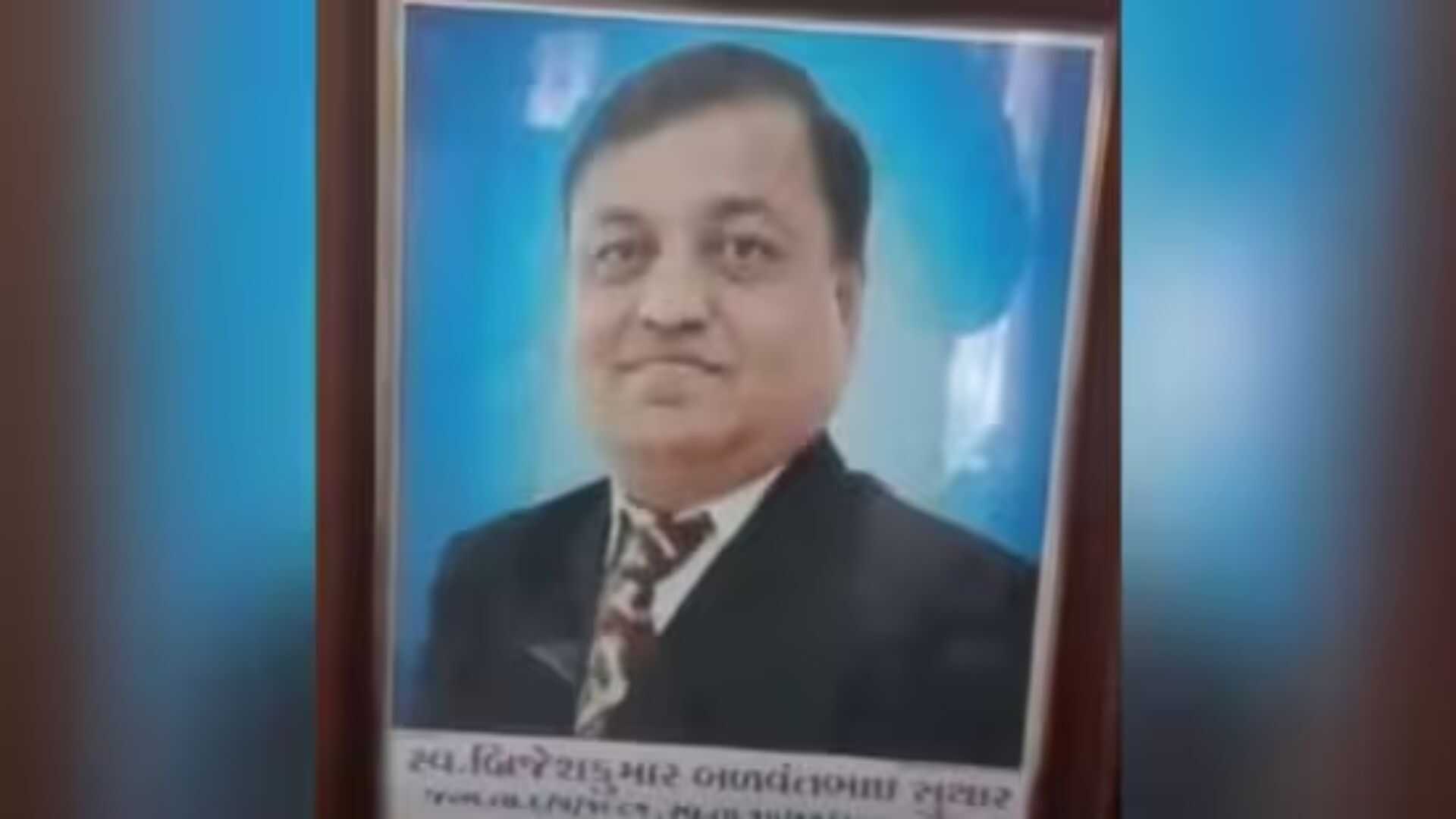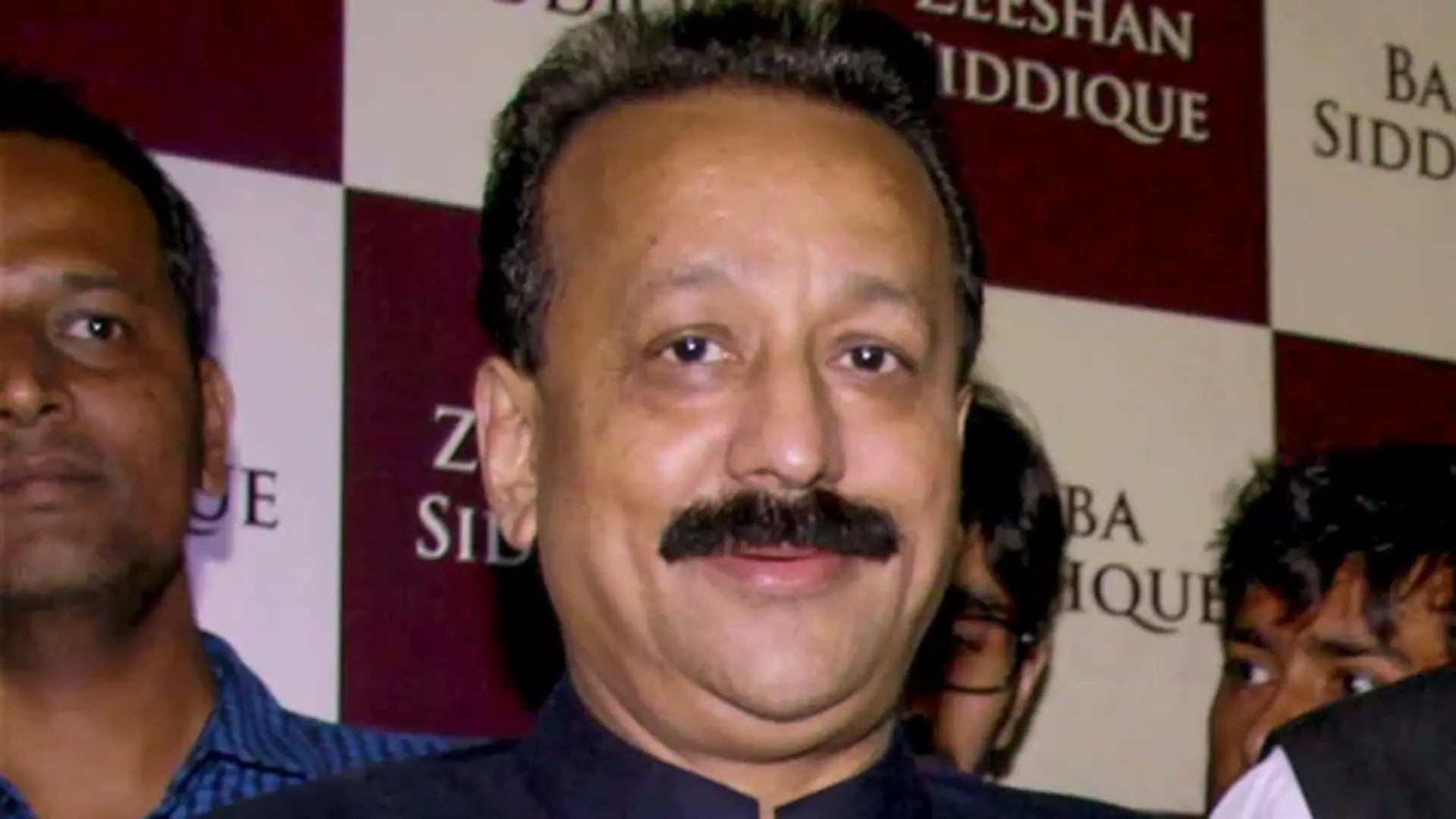
Infertility is not just a medical condition but an emotional journey that can affect self-esteem, relationships, and future plans. Women might experience a sense of isolation, as infertility can sometimes be a stigmatized or poorly understood topic. This can be exacerbated by societal pressures or expectations surrounding motherhood and family life. As a result, it’s common to feel a mix of sadness, anger, guilt, or frustration.
Addressing these emotions is crucial for emotional health and overall well-being. Ignoring or suppressing feelings can lead to additional stress and may negatively impact the fertility treatment process. Accepting these emotions rather than trying to “fix” them allows for a healthier emotional response. “It’s important to understand that these feelings are valid and part of the process of coming to terms with infertility. By acknowledging and embracing these emotions, women can begin to process their experiences more effectively and find constructive ways to cope” said Dr. Shobha Gupta
Here are few tips for on how women can approach these emotions constructively:
- Acknowledge and accept emotions: It’s essential to recognize and validate your feelings. Infertility can bring up a range of emotions, including sadness, anger, grief, and anxiety. Accepting these feelings as a normal part of the process rather than suppressing them is the first step toward managing them effectively.
- Seek support: Building a support network can make a significant difference. Connect with others who have faced similar experiences through support groups or online forums. Talking to a therapist who specializes in infertility can also provide valuable coping strategies and emotional support.
- Communicate openly: Sharing your feelings with your partner is crucial. Infertility can strain relationships, but open and honest communication can help both partners understand each other’s emotional needs and maintain a supportive environment.
- Educate yourself: Understanding your diagnosis and the IVF process can reduce uncertainty and empower you. Knowledge about your treatment options, potential outcomes, and the steps involved can help manage anxiety and set realistic expectations.
- Focus on self-care: Prioritize activities that promote physical and mental well-being. This includes maintaining a healthy diet, engaging in regular exercise, practicing mindfulness or meditation, and ensuring adequate rest. Self-care can enhance resilience and overall emotional health.
- Stay flexible: Be prepared for the possibility that things may not go as planned. Flexibility in adjusting expectations and being open to alternative paths, such as different treatment options or adoption, can be crucial in managing emotional stress.
- Create a healthy routine: Establishing a routine that includes relaxation and enjoyable activities can provide a sense of normalcy and balance amidst the uncertainty of infertility treatment.
- Focus on the present: Try to stay grounded in the present moment rather than worrying about future outcomes. Techniques such as mindfulness can help manage stress and prevent you from becoming overwhelmed by what-ifs.
Navigating the emotional impact of infertility requires acceptance, support, and self-care. “By acknowledging feelings, seeking professional help, and staying informed, women can manage the emotional challenges effectively. Embracing these strategies fosters resilience, making the IVF journey more manageable and supportive for overall well-being” concluded Dr. Shobha Gupta.
The author is the Medical Director and Infertility specialist from Mother’s Lap IVF Centre, New Delhi and Vrindavan.
















